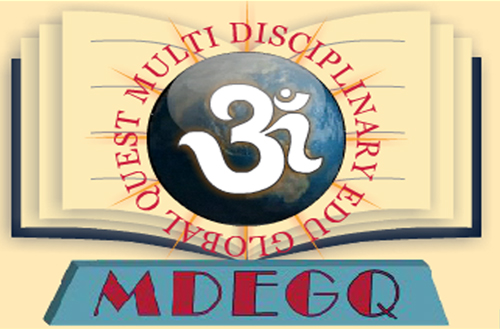ATTITUDES OF STUDENTS TOWARDS LEARNING NATURAL SCIENCE SUBJECTS IN ETHIOPIA PRIMARY SCHOOLS
This study examines attitudes to school science classes amongst primary school students based on the assumption that these will influence their attitudes and choices later in life. 980 primary school students in grades 4-6 were given a Likert-type questionnaire and asked to provide verbal explanations for their agreement/disagreement with each item. The items Ire divided into three "clusters," representing three central influences on student attitudes: "motivational factors", "locus of control" and "relevance of science." My results support the findings of previous research in elements such as students' enthusiasm for experiments, and reveal some interesting discrepancies in the way boys and girls assess the relevance of science they learn in school. While the questionnaire shows that most of the students saw discussion in science class as a source of interest, students' explanations and their answers to the open-ended questions also indicate that the most common model of a science lesson they see is readings from the textbook, accompanied by the teacher’s explanations. Only about one half of the students claim to take an active part in classes, answering questions asked by the teacher in class, taking part in class discussions, and expressing their opinions. The teacher is perceived as a significant part of the learning process. The students’ explanations indicate that they see the teacher as a primary source of information and authority.
